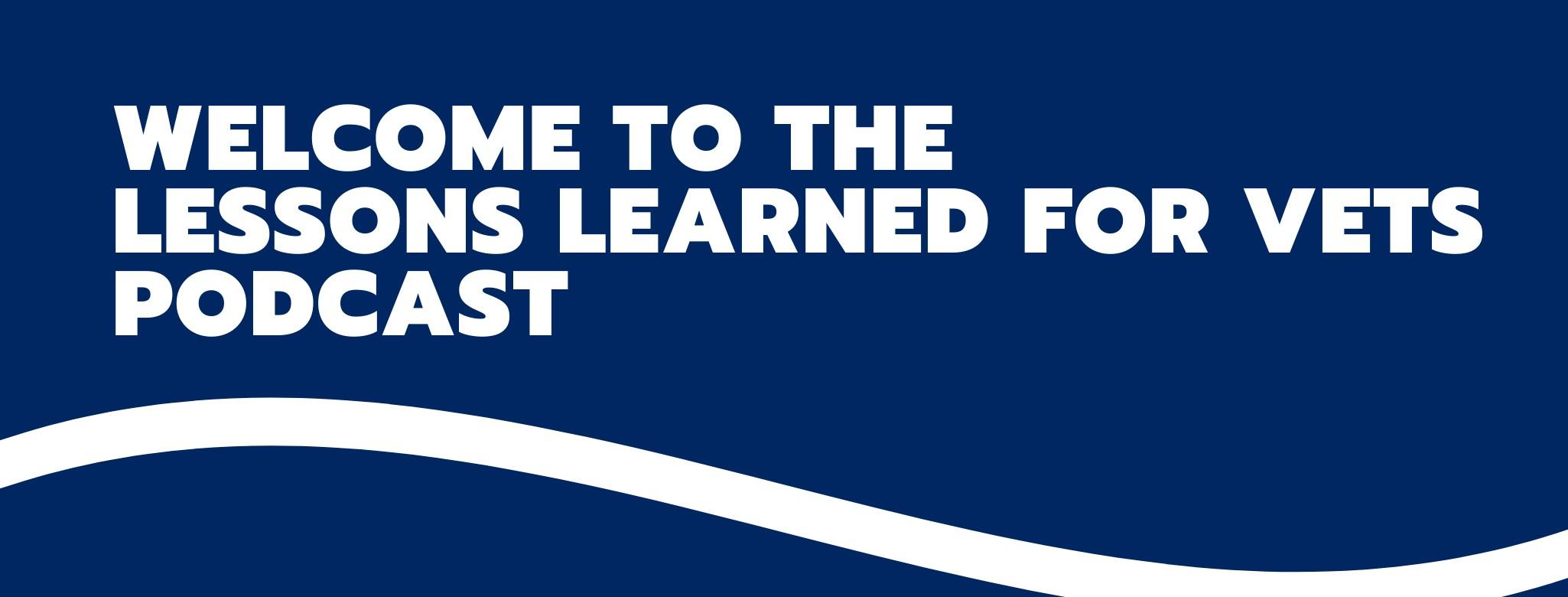
-
-
-
Episode #39:
Growing and Sustaining Your Network through Many Moves with Clifton Clevenger
After serving in the Army for 10 years as a personnel administrative assistant and infantryman, Clifton Clevenger transitioned out with a plan to go to school. He ended up meeting his wife, an Army officer, within his first year out. So, Cliff knows what it’s like to be both a transitioned veteran and a military spouse for 16 years and counting. Currently, he co-leads the Hiring Our Heroes Military Spouse Professional Network, Hampton Roads, Norfolk Chapter. Cliff has had to restart 8 times due to his spouse’s relocation (PCS), and he strongly encourages you to continually network and take the time to thoughtfully prepare for the interview questions.
Lessons Learned:
- Reach out to others for resume help; don’t try to do it alone.
- Start networking ASAP. 3-6 months before your retirement or separation is actually late, because it needs to be established before you need your network to work for you.
- Expand your circle beyond other military personnel, veterans, etc. Learn from civilians who have been doing the job you’re interested in, ideally in the companies you want to work for.
- If the average person stays in a job for 2-3 years, consider how often you need to rely on your network for your next role.
- Develop your interviewing skills.
- Look at the job announcement; it’s like a cheat sheet for an open-book test.
- For each question or skill listed, come up with your own 30-90 second story that explains how you did that with real numbers, $$$, % improvement, etc.
- Similar to bullets on your resume, present information in STAR format: Situation-Task-Action-Result.
- Check out LinkedIn’s “26 Most Common Interview Questions” and record yourself answering those. Learn from the feedback and keep improving your responses.
- Ask your friends to “mock interview” you. You can try your “Zoom interview” skills and setup.
- Research the company beyond the mission statement. Determine:
- What are their strengths?
- What are their challenges?
- Who’s the competition?
- How can you plug in what they need?
- Remember, you want to show that you’re the best candidate—not the neediest one. Don’t tell them you want the job because you need to make money.
- Be proactive in reaching out for help. There are so many resources!
- Military spouse careers often include short terms and great diversity because of the multiple moves.
- Be prepared to answer “gap in employment” questions, but know that this stigma is beginning to disappear in current hiring trends.
- You can reframe a “multiple jobs for short terms” question by answering honestly about the priority of your spouse’s career and your commitment to doing your best while you are there.
- Take the first step and start. You’ll learn along the way.
- You can connect with Cliff on LinkedIn at:
-
-
Are You Struggling to Write Your Resume?
I created the Veteran Resume Self-inspection Checklist to lessen the resume writing struggle for veterans. This 11-item checklist will educate you in resume best practices while giving veterans a guide to assess their resume and determine if it's ready to send to employers.
Download Your Checklist Here




